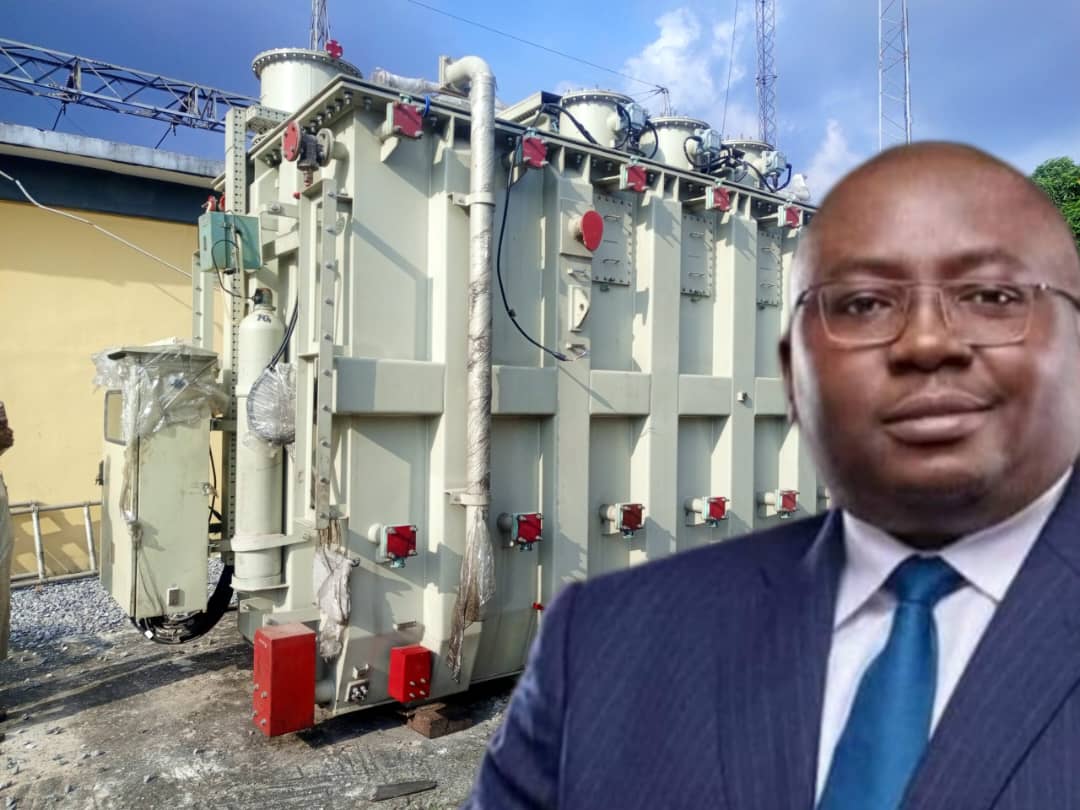Business
FG Invests $800M in New Power Infrastructure

The government announces a significant $800 million investment aimed at enhancing power infrastructure nationwide. This initiative promises to boost energy efficiency and economic growth.
As part of the Presidential Power Initiative, Nigeria has allocated $800 million to improve its power infrastructure with a specific emphasis on constructing new distribution lines and substations.
During a recent trip to Beijing, China, Adebayo Adelabu – the Minister of Power – announced that he plans on implementing changes at TBEA Southern Power Transmission and Distribution Industry.
Two major projects will receive an equal division of funds. Lot 2, covering Benin, Port Harcourt, and Enugu Distribution Companies (DISCOs), will use $400 million for substation construction. Meanwhile, Lot 3 which covers Abuja Kaduna Jos and Kano DISCOS respectively shall utilize another chunk of the fund worth $400 million.
Adelabu made the announcement while attending the China-Africa Cooperation Summit, where he mentioned that Nigeria’s power generation hit a high of 5,170 megawatts on August 30th. However, due to distribution limitations from DISCOs (Distribution Companies), they had to decrease it by up to 1,400 megawatts.
Adelabu lamented the current situation, underscoring the government’s goal to increase generation up to 6,000 megawatts by year-end.
Adelabu gave assurance that the federal government’s collaboration with top international firms like TBEA to achieve President Bola Tinubu’s vision for a renewed power sector remained steadfast. This involves upgrading transmission and distribution networks as well as bolstering Nigeria’s capacity in renewable energy applications.
READ ALSO: The Power of Prioritization: Identifying Needs vs. Wants in Your Spending
Acknowledging the existing hurdles in the industry, he attributed them to old and weak infrastructure that has resulted in irregular power supply over time. With national grid services being unreliable, more than 59 percent of Nigerian industries depend on self-generated electricity.
Adelabu reflected on the current administration’s accomplishments and compared them to past records. He observed that in 35 years, Nigeria’s power generation rose from 2,000 megawatts (in1984) to only 4,000 megawatts; nonetheless, the present government achieved a remarkable feat by increasing it further – within just one year – up to an impressive rate of5 ,170megawatts.The set target is now at6 ,000megawattswith a future goal of upgrading our facilities towards achieving30gig aw attsby2030usinga combinationof renewable energy accounting for around thirty percent
Adelabu underlined the necessity of new super grids to bolster this perspective, pointing out the constraints posed by the current national grid. He verified that there are ongoing attempts in progress to construct Western and Eastern super grids for augmenting network stability as well as capacity.
TBEA, which is already engaged with the Omotosho Power Plant in Ondo State, has shown interest in partnering more closely with the Nigerian government. Recognizing recent advancements made by Nigeria’s power industry, TBEA stands ready to aid efforts towards a stronger and dependable energy infrastructure throughout the country.
